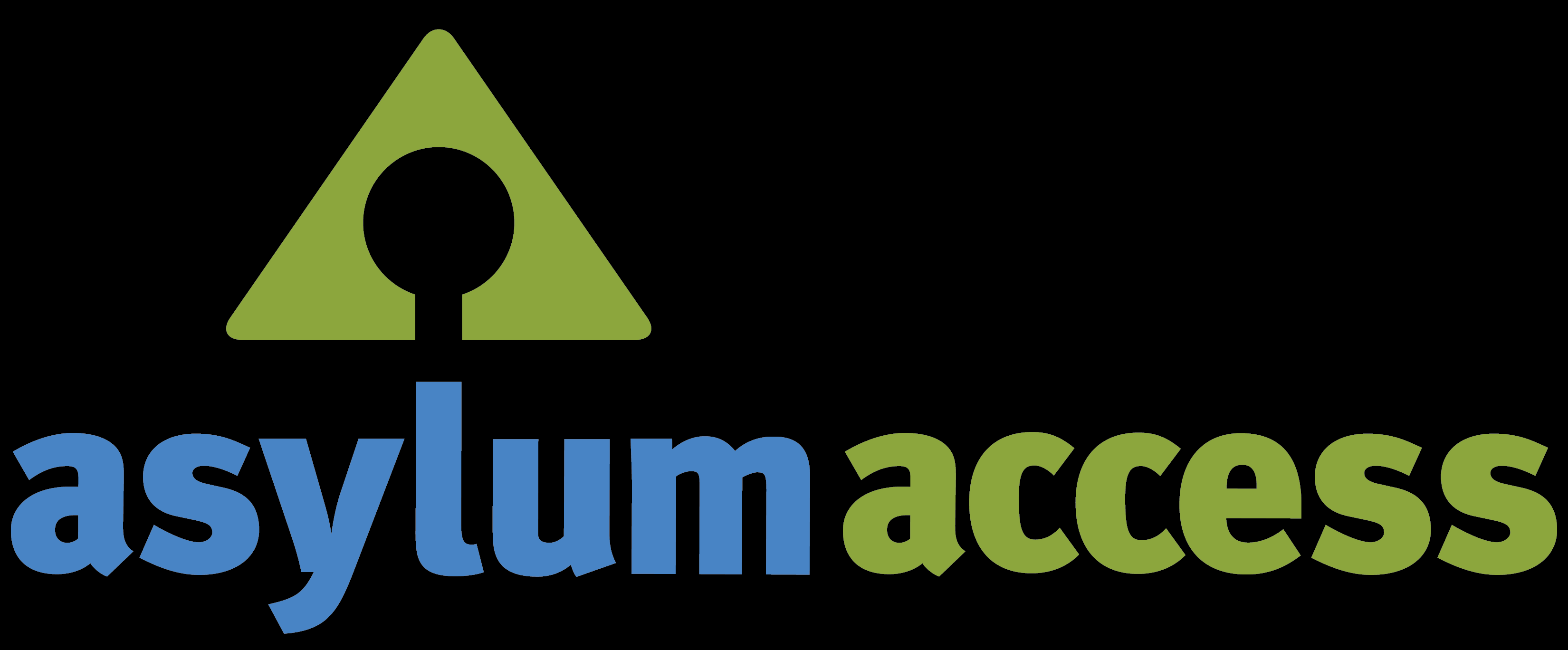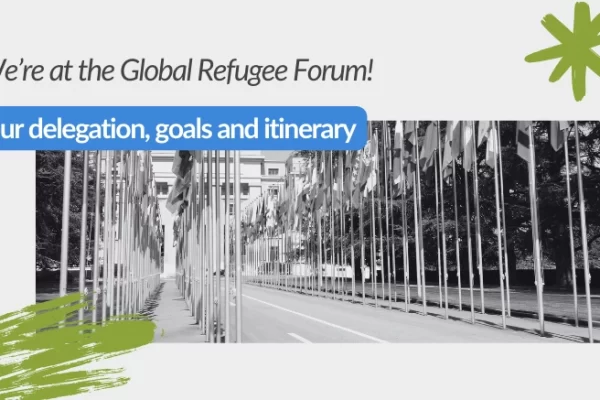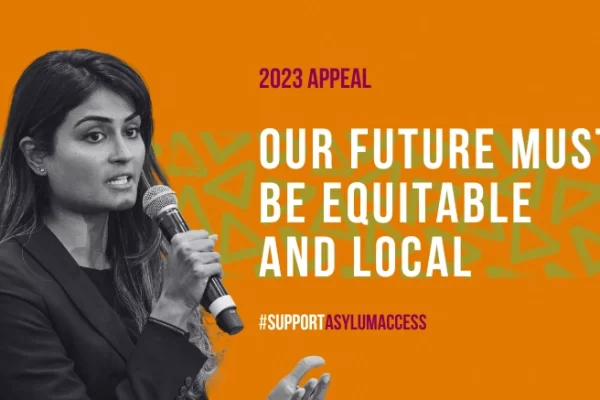10th Anniversary – The Growth of the Asylum Access family
Leading up to our ten-year anniversary, Global Legal Services Director Amalia Greenberg Delgado reflects on Asylum Access’s transition into a leading international non-profit in the field of refugee rights.
Ten years ago, Asylum Access was little more than an enterprising idea, pieced together by a small group of refugee scholars, advocates and practitioners with the shared desire to redefine the global refugee rights landscape.
It was 2005, and I was a Fulbright Fellow in Turkey offering refugees legal assistance in their refugee applications. Barbara Harrell-Bond, my mentor from similar work done in Cairo, was in Istanbul to train and advise refugee rights advocates. One day, over a glass of tea, Barbara brought up the lack of support for refugee rights work in Africa, Asia, and Latin America and the potential to fill that gap with a new organization that could leverage US-based resources.
Little did I know that this conversation, and many others like it, would be the beginning of a decade-long journey in building a refugee rights organization that would buttress a broader movement.
Over a conference call, an initial group of experienced and passionate individuals, comprising of Michael Kagan, Marina Sharpe, Mauro de Lorenzo, and Suzanne Bach, set the stage for what would become Asylum Access. James Hathaway, whose academic work continues to influence refugee advocacy, played a critical role in our early formation. Emily Arnold-Fernandez, who currently heads Asylum Access, volunteered to launch the organization as the founding Executive Director.


Only a year later, the Asylum Access Board decided to put our vision to the test and launch our first office in Ecuador. In December 2006, guided by my previous refugee rights work in Ecuador and Emily’s undeniable drive, she and I flew to Quito to lay the groundwork for Asylum Access’s first brick and mortar office. Our proposed model was to recruit and support local advocates who would provide legal services, community outreach, and a platform for policy change for Colombian refugees, the western hemisphere’s largest displaced population.
From our initial visit, Asylum Access Ecuador (AAE) grew from borrowed office space secured by our first country director, Michelle Arevalo-Carpenter, to eight locations across Ecuador that together serve around 10,000 refugees annually.
Now led by Director Karina Sarmiento, AAE’s reputation and influence has inspired key constitutional, legislative, and policy changes, both in Ecuador and across Latin America. As a result, AAE this year became Asylum Access Latin America (AALA), coordinating operations across the region, including new offices in Mexico and Costa Rica.
Asylum Access’s growth has also been visible in other regions of the world and globally, through the creation of our Refugee Rights Toolkit and continued policy advocacy work.
We opened offices in Thailand in 2007 and, in 2014, in Malaysia. In these offices, Asylum Access offers legal services and community support that inform policy making nationally and regionally, impacting the largest refugee-receiving nations in Southeast Asia. In Tanzania, AATZ’s leaders are promoting refugees’ rights to safe, lawful work, and advocating for policies that will allow refugees to rebuild their lives rather than facing decades-long confinement in camps.
Since that initial conference call, the Asylum Access family has expanded to incorporate a vibrant network of staff, board members, current and past Volunteer Legal Advocates (VLAs) and fellows, refugee clients and their families, and Toolkit users – not to mention thousands of supporters. Our VLAs, who number up to 75 at any given time, often graduate to influential posts in local governments, the United Nations, international organizations and the private sector, where they spur the refugee rights movement forward by effecting improved policies and laws for refugees.


In all of our offices, we count on the leadership of members of the refugee communities we serve. Refugee clients, interpreters and concerned neighbors often come together to address their community’s needs. They employ other refugees in their businesses, help to educate refugees who can’t access local schools, or strategically voice concerns to officials. In Thailand, refugees are crucial to our interpreter programs and make it possible for Asylum Access to offer clients free, reliable interpretation.
As a part of the Asylum Access family since its foundation and, now, as a current staff member, I and my colleagues share great pride in the organization’s monumental strides toward changing the refugee rights landscape over the last ten years. I firmly believe that this spirit, purpose and hard work will enable us to see a world where refugees enjoy the rights to dignified work, to live safely and to rebuild their lives.
Written by Global Legal Services Director Amalia Greenberg Delgado
Do you want to join the refugee rights movement? Donate. Your resources help us empower our refugee clients. Volunteer or intern. Share your time and expertise to support refugees striving to rebuild their lives. Learn. Request a speaker or host a house party to learn more about refugee rights. Advocate. Check out our blog on refugee work rights to get started.
Newsletter Spring 2015





